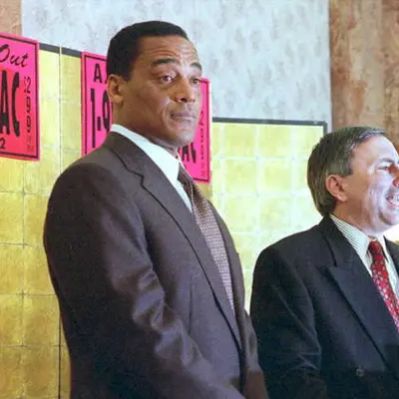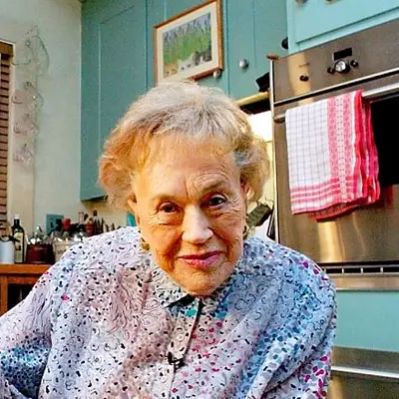What Is O.J. Simpson Net Worth
O.J. Simpson, a figure known for his career as an American football player, sports commentator, and actor, had a net worth of $3 million at the time of his death. This figure reflects the culmination of his earnings, legal battles, and financial management throughout his life.
O.J. Simpson’s Financial Peak and Divorce Settlement
In 1992, during his divorce proceedings, O.J. Simpson estimated his net worth to be $10.8 million. Adjusted for inflation, this sum is equivalent to approximately $25 million today, marking the peak of his financial success. A significant portion of this net worth, roughly half, was attributed to the value of his Brentwood estate, which he acquired in 1977 for $650,000 (approximately $3.5 million in today’s dollars).
The divorce settlement revealed that O.J. Simpson’s monthly income in 1992 was $55,000, equivalent to around $125,000 per month or $1.5 million per year today, primarily derived from his endorsement contract with Hertz. As part of the divorce agreement, O.J. Simpson was obligated to pay Nicole $10,000 per month in child support, along with a one-time payment of $433,750 (approximately $1 million after adjusting for inflation). Additionally, he transferred ownership of a rental property in San Francisco to Nicole.
Legal Battles and Financial Downfall
O.J. Simpson faced significant financial repercussions following the 1994 murders of Ron Goldman and his ex-wife, Nicole Brown Simpson. Despite being acquitted in the criminal trial in 1995, he was subsequently found liable in a civil suit brought by the family of Ronald Goldman. The court ordered Simpson to pay $33.5 million in damages, which is equivalent to roughly $65 million today. With accrued interest, this amount has grown to nearly $100 million. To date, approximately $500,000 has been paid toward this debt through the sale of assets and memorabilia.
The legal fees and damages from the civil trial significantly depleted O.J. Simpson’s net worth. He was evicted from his Brentwood mansion in 1997 after defaulting on the mortgage. The 6,200-square-foot house, located at 360 N. Rockingham in Los Angeles’ Brentwood neighborhood, was bought in foreclosure for $4 million and demolished in 1998.
In July 1997, after Simpson failed to pay $86,000 worth of mortgage payments on his home, the estate was offered at a foreclosure auction. Bidding started at $1.875 million. At the end of a three-minute public auction, the winner was Hawthorne Savings, the same lender that held O.J.’s $2,531,259 mortgage. The bank’s winning bid was $2,631,259, exactly $100,000 more than Simpson owed on the property. Only one other bidder participated in the auction.
In 2000, O.J. Simpson purchased a home in Miami for $575,000, located at 9450 SW 112th Street. This property was foreclosed on in 2012 after his daughter stopped making mortgage payments. The home was sold at a foreclosure auction in 2014 for $513,000. The property was razed in 2023, and the 1.6-acre lot was listed for sale in February 2024 for $2.4 million.
Pensions and Protected Assets
After being evicted from his Brentwood home, O.J. Simpson moved to Florida and declared bankruptcy. Florida’s laws protect a primary home from seizure during bankruptcy proceedings, which proved advantageous for Simpson. His primary source of income in the years following his acquittal was a fully-funded NFL pension, reportedly worth as much as $5 million. Combined with other pensions, this generated approximately $400,000 per year. This pension income was legally protected from being claimed by the Goldman family.
It’s widely believed that he actually held off on taking his pension payments until he was 65 so he could receive a larger monthly payment ($10,565 per month instead of $4,034). Assuming this is true, the NFL began paying him $10,565 per month starting in 2012. When combined with his other pension income, O.J. reportedly earned as much as $400,000 per year. Since he could not access or use this money while he was in prison, approximately $602,000 would have built up in his bank account.
Early Career and NFL Earnings
In 1969, O.J. Simpson was drafted by the Buffalo Bills. He demanded a 5-year $650,000 contract. That’s the same as around $5.5 million today after adjusting for inflation. At the time, it was the largest contract in professional sports history. He would remain one of the league’s highest-paid players throughout his career. In the 1978 season, his league-leading salary was $733,668. The next season, his final in the NFL, O.J. earned $806,668, equal to $3.5 million in today’s dollars. In 1979, the average NFL salary was $69,000, or $300,000 in today’s dollars. Walter Payton was the league’s second-highest-paid player, with a salary of $450,000 in 1979.
Endorsement Deals and Income
O.J. Simpson secured an endorsement contract with Chevrolet for $250,000 per year before joining the NFL in 1969. Over the years, he endorsed numerous products and services, including TreeSweet Orange Juice, Pioneer Chicken, and HoneyBaked Ham. His most prominent endorsement was with Hertz, where he served as the primary celebrity endorser from 1975 to 1992. His Hertz commercials, featuring him running through airports, became iconic. Even after being downgraded as the primary endorser in 1992, he continued to receive $45,000 per month from Hertz for attending golf outings.
Nevada Arrest and Conviction’s Impact
The 2007 arrest in Las Vegas, Nevada, for armed robbery at a hotel room further impacted O.J. Simpson net worth and finances. The subsequent trial resulted in a conviction on all charges – robbery, kidnapping, coercion, and conspiracy. He was sentenced to 33 years in prison with the possibility of parole after nine years. Simpson served nine years before being released on parole in 2017.
O.J. Simpson’s Net Worth: A Final Assessment
O.J. Simpson net worth at the time of his death was estimated at $3 million. This figure represents the balance of his career earnings, endorsement deals, legal liabilities, and pension income. Despite achieving significant financial success during his NFL career and through endorsements, the legal battles and financial judgments ultimately reduced his estate.
 Net Worth Ranker
Net Worth Ranker




























































